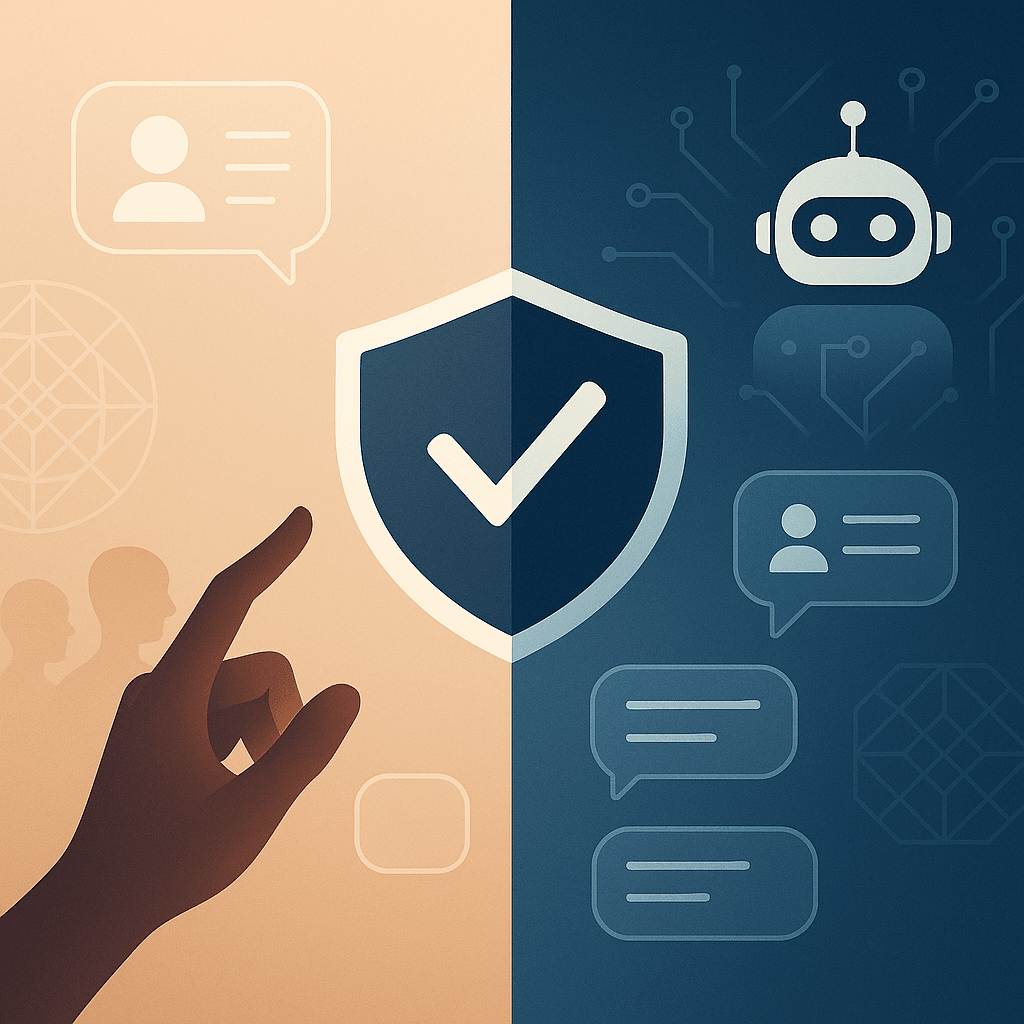The internet's bot problem just got a high-profile solution. Digg founder Kevin Rose and Reddit co-founder Alexis Ohanian are relaunching the iconic news aggregator with zero-knowledge proofs and community ownership models designed to combat what Ohanian calls the "dead internet theory" - the idea that most online activity now comes from bots, not humans.
"The dead internet theory is real," Reddit co-founder Alexis Ohanian told Digg founder Kevin Rose backstage at TechCrunch Disrupt 2025. It's a stark admission from someone who helped build one of the web's largest communities - and it's driving an ambitious plan to resurrect one of the internet's most iconic platforms.
The two entrepreneurs acquired Digg's remaining assets earlier this year, bringing the Web 2.0 pioneer back under Rose's control after more than a decade in the wilderness. But this isn't nostalgia - it's necessity. As Rose explained during his Disrupt panel, "I just have to imagine that, as the cost to deploy agents drops to next to nothing, we're just gonna see bots act as though they're humans."
The new Digg is betting on "micro communities of trusted users" powered by zero-knowledge proofs (ZKP) - what Rose calls "fancy pieces of math" that can verify essential user credentials without exposing personal information. Unlike today's verification methods requiring facial recognition, ID uploads, or credit card payments, ZKP technology could verify an Oura ring owner in a health community or a Tesla owner in an automotive forum without revealing their real identity.
This approach tackles a growing crisis across social platforms. Traditional verification feels invasive to many users, while the alternative - unverified spaces - increasingly fills with sophisticated AI agents. Meta, X, and other major platforms are struggling with this exact balance, often defaulting to either heavy-handed ID requirements or bot-infested comment sections.
Rose's solution goes beyond verification to fundamentally reimagine community economics. "When we first started Digg in 2004 - before Reddit launched - we were very lucky because we had thousands and thousands of people, and eventually millions of people, that would come in and contribute content," he told the Disrupt audience. "And they're not getting paid."
That's where the new Digg diverges sharply from 's model. Rose argues that moderators who work "around the clock to handle things like spam and fighting" deserve revenue sharing and community ownership. Current platforms trap community builders - they can't port their audiences, capture email addresses, or maintain control if they're removed from the platform.












